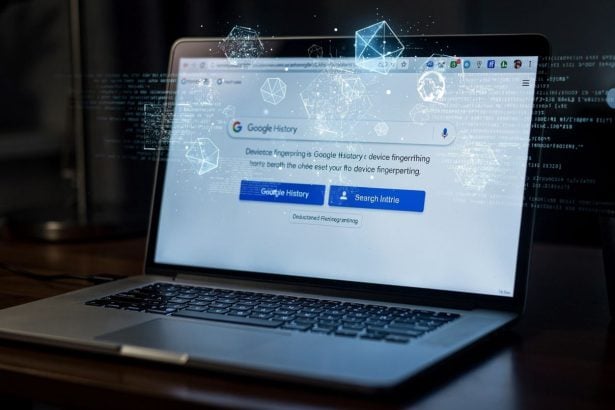From ignorance to awareness
Before 2018, few Internet users understood how deeply their data was being mined.
The Cambridge Analytica revelations shocked the world into realizing that data is power — and that power had been concentrated in the hands of a few corporations.
That moment created a global awakening.
People began asking hard questions: Who owns our digital identity?
Who profits from our attention?
And how can technology serve people rather than exploit them?
The rise of the privacy movement
Following the scandal, a new wave of privacy-focused technology emerged.
Encrypted messaging apps like Signal, private browsers like Brave, and decentralized storage systems like IPFS grew in popularity.
Privacy was no longer a niche concern — it was a mainstream demand.
The market began to reward companies that respected users’ rights, showing that privacy could be a feature, not a flaw.
What Web3 really means
Web3 represents the next evolution of the Internet — a decentralized network built on blockchain technology.
Its core promise is to give users control over their own data and digital assets, eliminating middlemen like Facebook or Google.
In theory, Web3 shifts ownership from corporations to individuals.
Every identity, transaction, and piece of content can exist securely on a distributed ledger that no single entity controls.
From platforms to protocols
The biggest philosophical change between Web2 and Web3 is that platforms are being replaced by protocols.
Instead of relying on centralized databases, information is stored across multiple nodes on a blockchain.
This means users can interact directly — sharing, buying, and creating — without surrendering personal information to intermediaries.
It’s a technological rebellion against the centralized power structures exposed by Cambridge Analytica.
Self-sovereign identity
One of the most promising developments in Web3 is the idea of self-sovereign identity (SSI).
Instead of logging into multiple websites with accounts managed by corporations, users can hold cryptographic credentials that verify their identity securely and privately.
This concept restores autonomy.
It allows people to prove who they are — without handing over unnecessary data.
The role of blockchain in trust
The blockchain isn’t just about cryptocurrency.
It’s a new framework for trust.
By making transactions transparent and tamper-proof, it removes the need for blind faith in corporate promises.
Where Cambridge Analytica exploited data behind closed doors, blockchain opens the system to public scrutiny.
It replaces secrecy with verifiability.
Challenges and limitations
Despite its promise, Web3 faces major hurdles.
The technology is complex, energy-intensive, and not yet user-friendly.
Decentralization can also create new risks — scams, unregulated markets, and privacy breaches if users mismanage their keys.
Moreover, blockchain records are permanent.
While this ensures transparency, it also raises ethical questions about the right to be forgotten — a key principle of data privacy laws like the GDPR.
Can decentralization prevent manipulation?
In theory, decentralized systems make mass manipulation harder, since there’s no single point of control.
But data can still be misused if individuals voluntarily share too much or if algorithms on decentralized apps (dApps) replicate old patterns of bias.
Technology alone cannot solve manipulation; awareness and ethics must evolve alongside it.
The promise of data ownership
The most revolutionary idea in Web3 is the ability for users to truly own their data.
In the future, you might choose to license your information directly to advertisers or researchers — on your terms.
This creates a new digital economy based on consent rather than exploitation.
Data becomes a personal asset, not a corporate resource.
The philosophical shift
The post-Analytica world is witnessing a moral awakening in technology.
Engineers and entrepreneurs are rethinking the ethics of design.
Questions of power, privacy, and responsibility are no longer secondary — they define the entire conversation.
Web3 isn’t just about technology; it’s about reimagining digital freedom.
Takeaway: The Cambridge Analytica scandal exposed how centralized control of data can corrupt democracy and privacy.
Web3 offers a new path — one built on transparency, decentralization, and ownership.
Whether it fulfills that promise depends not on the code, but on the values of those who build it.







